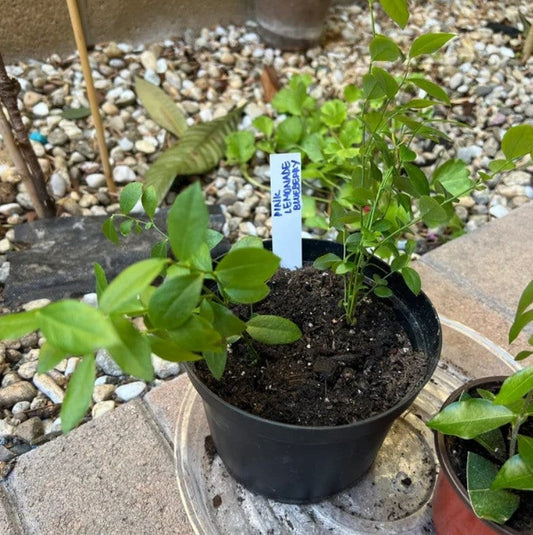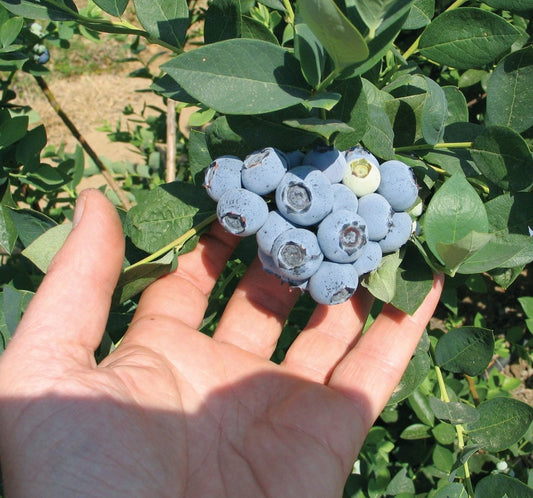A Gardener's Guide to Testing and Adjusting Soil pH for Blueberries
Blueberries are a delightful addition to any garden, known for their health benefits and delicious flavor. However, they have specific soil requirements, particularly when it comes to soil pH. Blueberries thrive in acidic soil with a pH range of 4.5 to 5.5. Ensuring your soil's pH is within this range is crucial for the health and productivity of your blueberry bushes. This guide will walk you through how to test and adjust your soil pH to create the perfect environment for growing blueberries.
Understanding Soil pH
Soil pH is a measure of how acidic or alkaline your soil is. This measurement can affect a plant's ability to absorb nutrients. For blueberries, acidic soil is necessary because it optimizes the availability of essential nutrients like iron and manganese, which are crucial for their growth.
Testing Soil pH
1. Home Testing Kits:
One of the easiest ways to test your soil's pH is by using a home testing kit available at garden centers and online. These kits provide quick results and are simple to use, often involving a color change test that indicates your soil’s pH level.
2. Electronic pH Meters:
For a more high-tech approach, electronic pH meters can be used. These devices offer a digital reading of your soil's pH when inserted into the soil. They can be more accurate than testing kits and are reusable.
3. Cooperative Extension Service:
For the most accurate results, you can send a soil sample to your local cooperative extension service. They will not only test the pH but also provide a detailed analysis of your soil's nutrient content and specific recommendations for amendments.
Adjusting Soil pH
If your soil test reveals a pH level that is too high (alkaline) or too low (extremely acidic) for growing blueberries, you’ll need to make some adjustments.
1. Lowering Soil pH:
- Sulfur: Elemental sulfur is the most common amendment for lowering soil pH. The amount needed depends on your current soil pH and the texture of your soil. It’s important to apply it well in advance of planting, as it takes several months for sulfur to affect soil pH.
- Aluminum Sulfate: This can lower pH more quickly than sulfur and is often used for a more immediate adjustment. However, it must be used carefully, as excessive amounts can be harmful to plants.
2. Raising Soil pH (rarely needed for blueberries but good to know):
- Lime: Ground limestone (calcitic lime or dolomitic lime) is traditionally used to raise soil pH. The amount needed depends on the soil type and the current pH level. Lime works slowly, so it should be applied and mixed into the soil well before planting.
Maintenance
Once you've adjusted your soil pH, it's important to regularly retest your soil every couple of years. Over time, soil pH can change due to factors like rainfall, fertilization, and the decomposition of organic materials. Regular testing helps you maintain the optimal pH level, ensuring your blueberries continue to thrive.
Conclusion
Getting the soil pH right for blueberries might require some effort initially, but the rewards of healthy plants and bountiful berry harvests make it worthwhile. By understanding how to test and adjust your soil pH, you can create the ideal growing conditions that blueberries need to flourish. Happy gardening!







